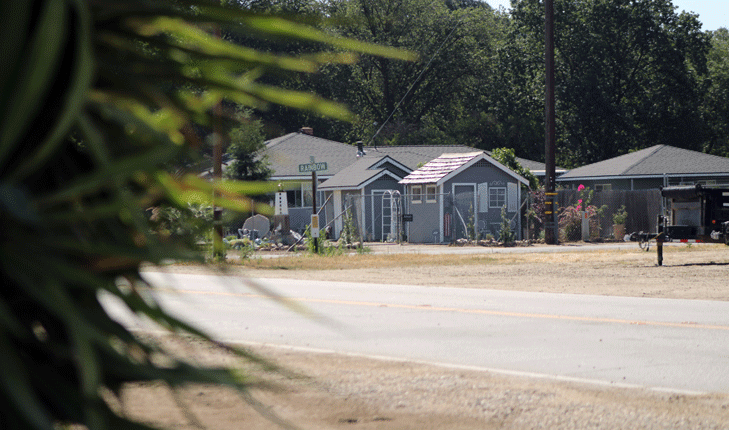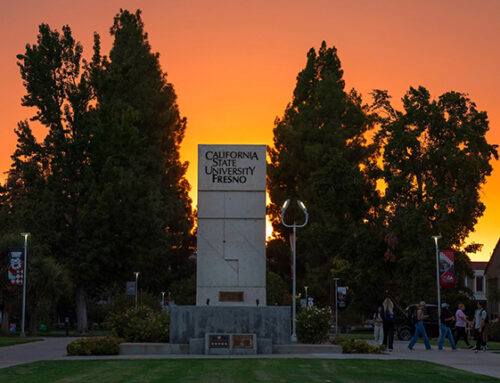Resources are available to help San Joaquin Valley residents affected by drought maintain access to drinking water.
A group of organizations in the San Joaquin Valley coordinated by the California Partnership for the San Joaquin Valley Water Workgroup have developed an outreach plan and a list of resources available to private well owners or part of a small community who have lost or are concerned about losing access to drinking water due to groundwater level.
“As a domestic well resident for 17 years, I have experienced head-on the cruel obstacles that drought causes for low-income families,” said Sandra Chavez, of Porterville, an AGUA Coalition and SAFER Advisory Group member. “In the spring of 2014, the domestic well that provides water for my family of 12 went dry. We struggled for eight months without running water. We scavenged around looking for resources and looking for help from friends and family.”
The Office of Community and Economic Development at Fresno State is designated as the partnership secretariat, serving as the operations for the board of directors and conducting its quarterly meetings throughout the year, said Eduardo Gonzalez, the office’s executive director.
“The partnership provides an organizational framework for collaboration as a way to improve quality of life in the San Joaquin Valley,” Gonzalez said. “We are focused on creating a prosperous economy, quality environment and social equity throughout the Valley, and [achieving] this collaboration with regional work groups and strategic priorities.”
District 5 Supervisor Scott Silveira of Merced County is the chair of the water workgroup that is being facilitated and coordinated by staff at the California Water Institute at Fresno State.
“Water is an essential resource in the San Joaquin Valley and no resident should be without access to drinking water,” Silveira said. “Self-Help Enterprises is providing vital services and emergency assistance during this drought and the California Partnership for the San Joaquin Valley and the Valley Counties are committed to ensuring that everybody is aware of these available resources.”
Laura Ramos, programs manager at California Water Institute, said, “During the last month we have been working with multiple agencies to develop an outreach plan to share the message with hard-to-reach residents that have private wells as their only source of drinking water. We have created flyers in multiple languages as well as a website that lists available resources by county. Some of the resources available include bottled water, water tanks, water assessment testing and/or water quality testing.”
Residents who have a well that has gone dry, or who are concerned about a well going dry, should visit www.mywellwentdry.org for a list of resources by county or call Self-Help Enterprise at 559.802.1685.
(Story by Laura Ramos)





